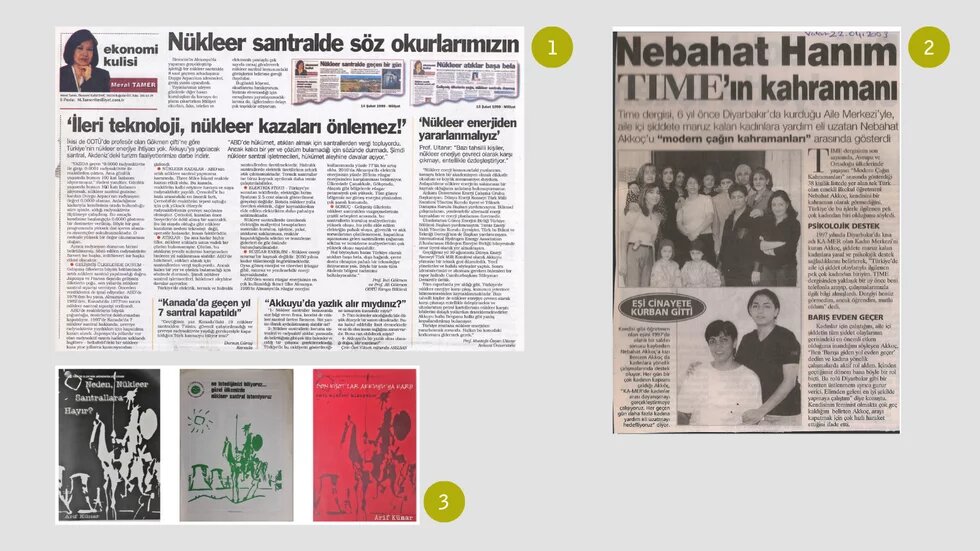
Turkey entered 1997 with a new coalition government led by an Islamist prime minister, Necmettin Erbakan.
Erbakan invited religious leaders to a party he organised, which sparked a political firestorm in Ankara.
The looming 28 February military intervention occured just two months into the year.
Once again, democracy in Turkey was disrupted by the armed forces.
In the same year, 12 countries were simultaneously granted EU candidate status, while Turkey was left out. However, the then-German Chancellor, Helmut Kohl, supported Turkey's candidacy.
The primary support was from the German Greens, and the political stance would be maintained in the future.
A close collaboration and empathy were being established between the green movements of the two countries.
Compared to coal and carbon-based development, clean energy emerged as a common advocacy platform alongside democratisation efforts.
In 1997, the Heinrich Böll Stiftung Turkey, in collaboration with the Association of Eastern Mediterranean Environmentalists, organised the most significant National Clean Energy Symposium in Adana.
The choice of Adana was significant, as the region was becoming a focal point for new oil pipelines, thermal power plants, and the proposed nuclear power plant.
1 – An article by journalist Meral Tamer, who covered the Clean Energy Symposium. (Milliyet) 2 – KA-MER, founded in Diyarbakır in 1997. Six years later, it would be featured in Time magazine. 3 – Arif Künar’s books, reflecting the vibrant anti-nuclear agenda of that year. (Arif Künar)
